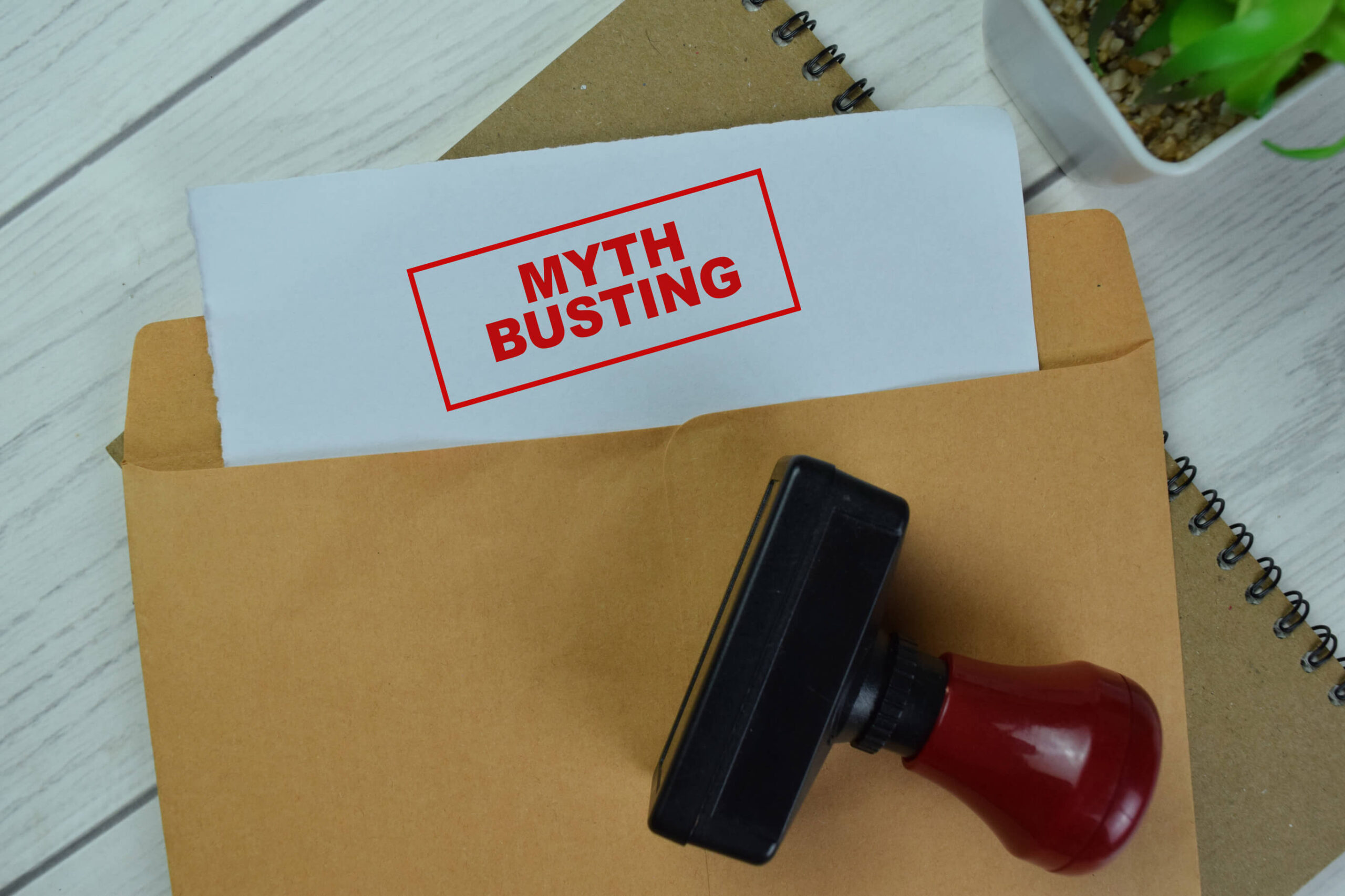The pain is undeniable. Nobody enjoys driving a brand-new car and watching the dashboard light up like a Christmas tree.
Here is the good news: lemon laws exist to protect consumers like you. These legal provisions can help you get a refund or replacement.
Knowledge is power. Understanding your rights can be the difference between endless trips to the repair shop and a just resolution. Therefore, this article aims to debunk common myths so you can move forward.
So, buckle up! Let’s steer through these misconceptions and help you get back on the road of rightful ownership.
Myth #1: Lemon Laws Only Apply to New Cars
It is natural to believe that lemon laws only apply to cars fresh off the dealership lot. Lawmakers crafted these regulations with new vehicles in mind. However, the scope has expanded over time. Several states recognize the value of extending legal protections to used automobiles.
Moreover, you do not have to let the used label deter you from exploring your options. There are more terms under state laws that protect consumers from ending up with a bad deal. For instance, some jurisdictions have a mandatory warranty period for pre-owned vehicles.
Myth #2: Lemon Laws Cover All Vehicle Issues
One of the most prevalent misunderstandings is that lemon laws are a catch-all for any defect. In reality, the type of issues covered often have stringent criteria. The problem has to be substantial enough to impair value or safety. Minor glitches like a jammed radio knob or cosmetic imperfections do not make the cut. Understanding these distinctions is essential to pursue a claim.
Repairs have equal importance in these matters. Each jurisdiction stipulates the number of attempts the dealership has to fix a defect. You may only have a case after they have had a few tries to make things right.
Myth #3: You Will Easily Get a Full Refund or a New Car
You may feel tempted by the allure of a full refund or a brand-new replacement. However, you may want to temper your expectations. The path to one of these resolutions has layers of negotiations and administrative tasks. Additionally, some states make it mandatory to go through mediation or arbitration. These routes do not guarantee that you will reach your preferred outcome.
The severity of the problem, the number of repair attempts, and state regulations affect the endgame. Some states also have specific formulas to calculate the refund amount that considers mileage or length of ownership. Furthermore, there can be a usage fee that deducts the time that you use the car.
Myth #4: A Lemon Car Must Have the Same Issue Repeatedly to Qualify
Persistent and unresolved problems can indicate that you have a lemon. Some states recognize that a combination of defects can qualify for a refund or replacement. This nuanced perspective allows a broader understanding of what makes a malfunctioning vehicle. A series of issues that impair the automobile can justify a legal claim.
Also, it is vital to know that lemon laws account for the totality of your experience. You do not have to wait for a single issue to happen repeatedly. Meticulous record-keeping can be your best ally. Document each repair attempt to strengthen your case when you talk to a lawyer. This evidence will help demonstrate that you have a right to demand a solution.
Myth #5: Lemon Laws Are the Same in Every State
The significance of cars in American life makes many people assume there are one-size-fits-all regulations. Unfortunately, the reality could not be further from this perception. Lemon laws depend on the state government. As a result, they vary significantly from one jurisdiction to another. For example, some states offer protections for used cars while others do not. There are also differences in the number of repair attempts that must happen before you file a claim.
Other unique requirements may affect your case. These challenges include specific procedures, mandatory arbitration, or damage caps. The bottom line is that assuming all lemon laws are identical could hurt your pursuit of justice. Equip yourself with the facts tailored to your location by speaking to a lawyer.
Myth #6: Only Cars Purchased from Dealerships Are Covered
Many consumers operate under the assumption that lemon laws only apply to licensed dealerships. These purchases are more straightforward, but the scope does not end there. There can be protections for cars you purchase through private sales or leases.
This myth can deter people who lease or buy from other sellers. Nonetheless, some states require warranties or disclosures. You can have a legal claim if you did not receive these essentials.
Schedule a Consultation with a Local Lemon Law Lawyer
Making sense of lemon law can be overwhelming when there are so many myths and misconceptions. The scenarios mentioned above are only the tip of a massive iceberg.
Do not let myths or fears cloud your judgment. Hiring a local lemon law attorney can empower you to take decisive steps toward a workable solution. Ask us for a referral today by calling (866) 345-6784 or completing this easy online form.

